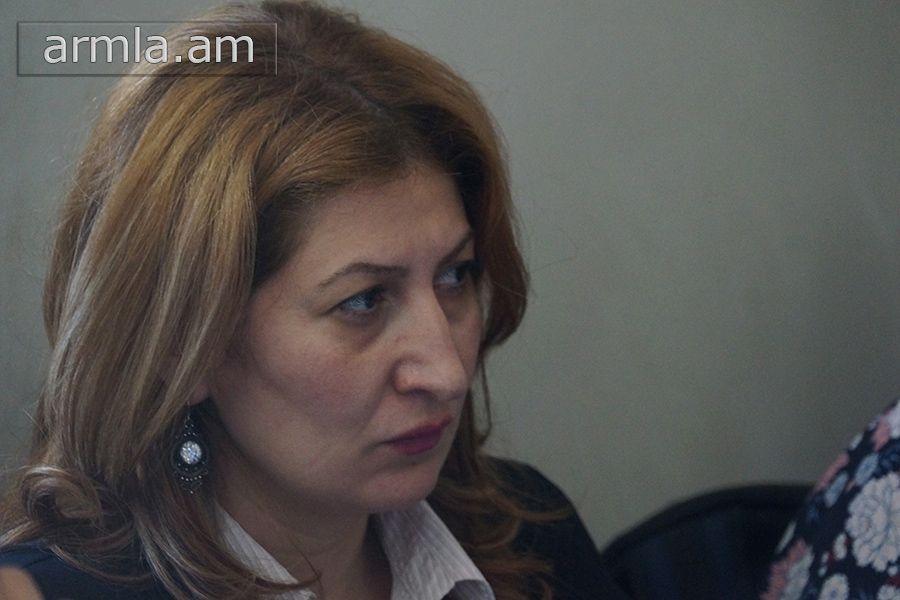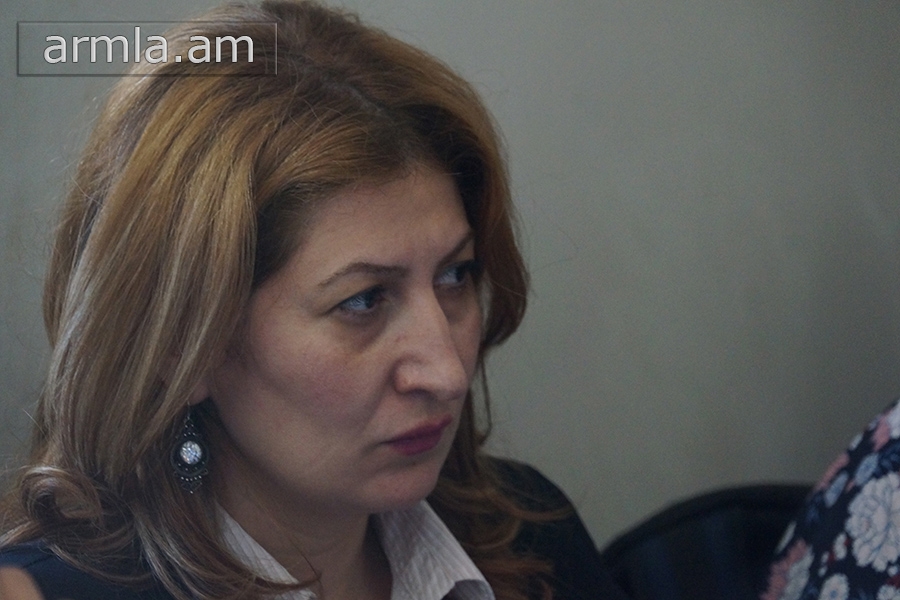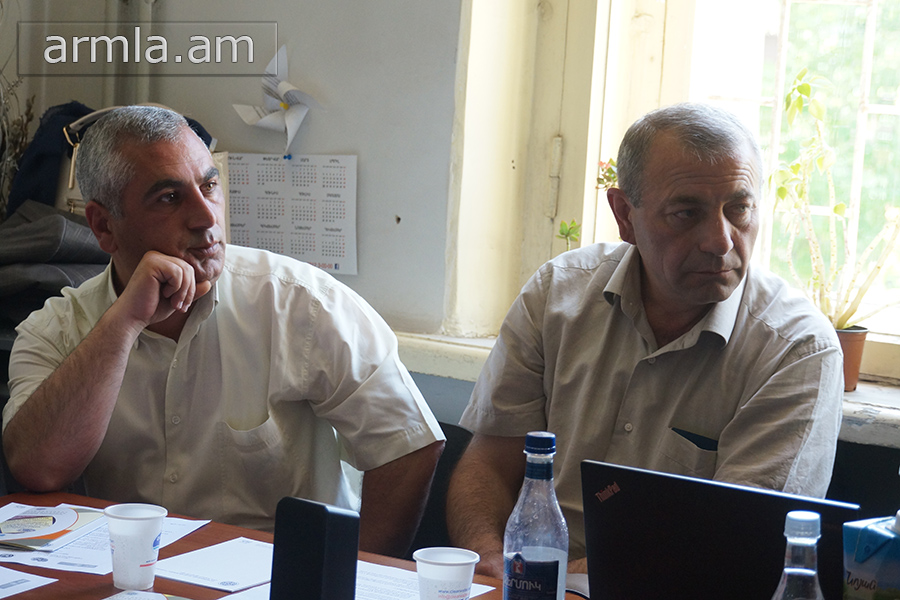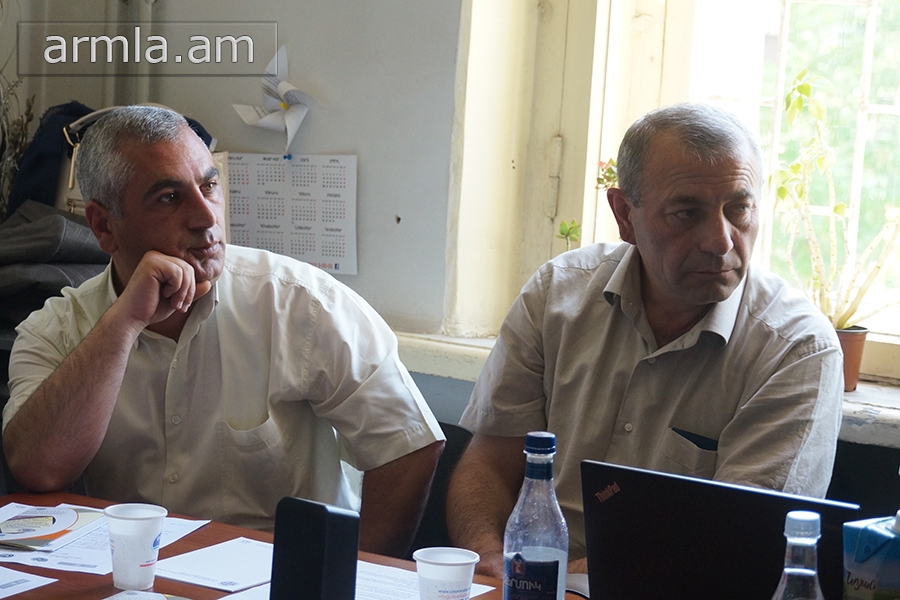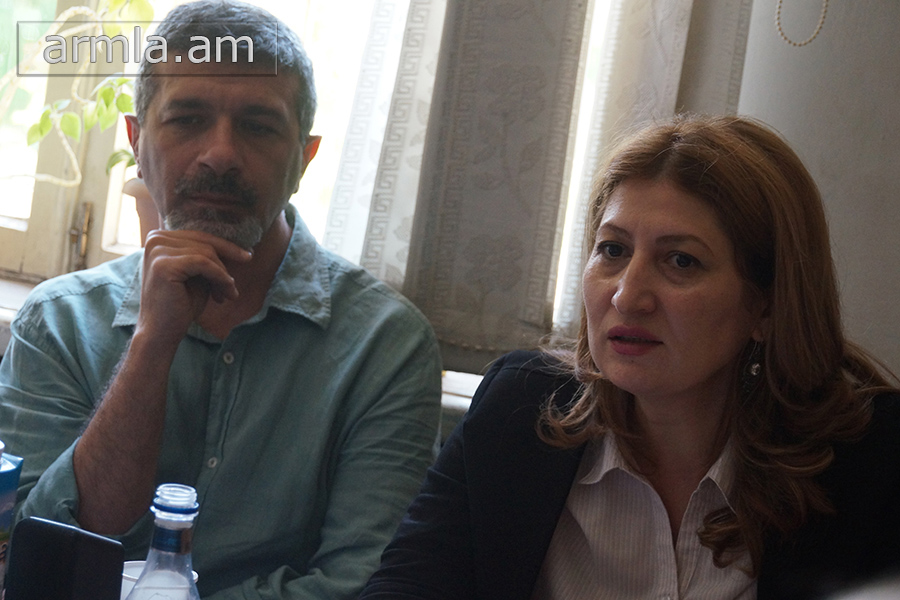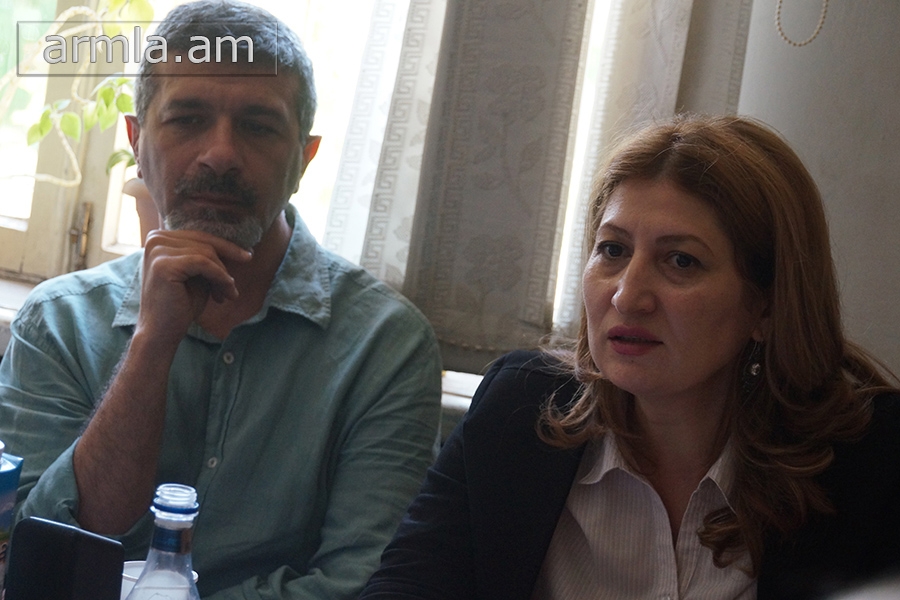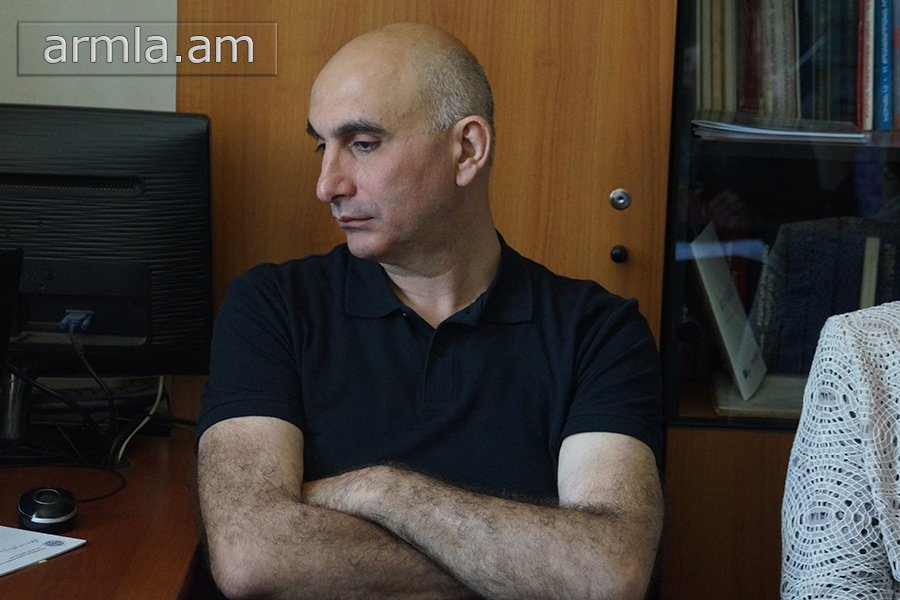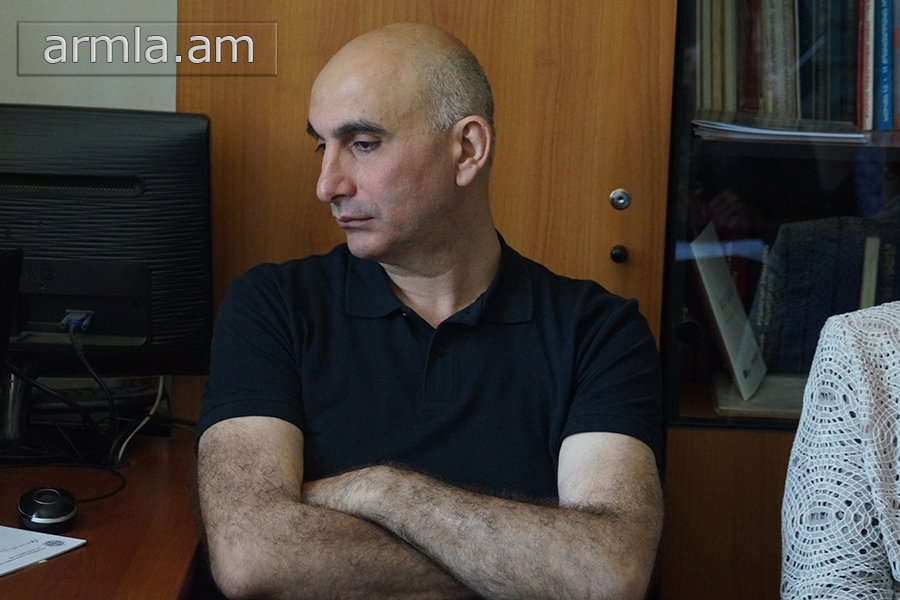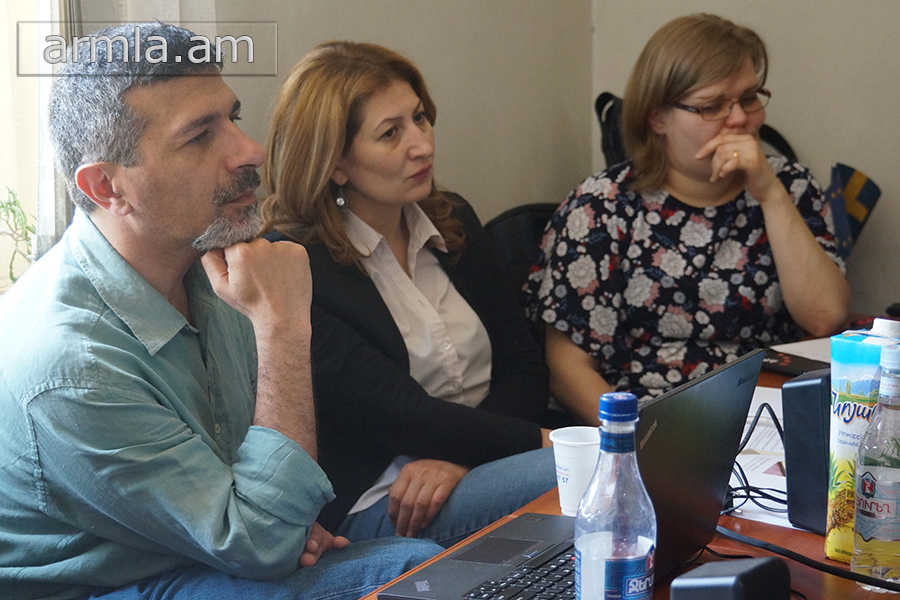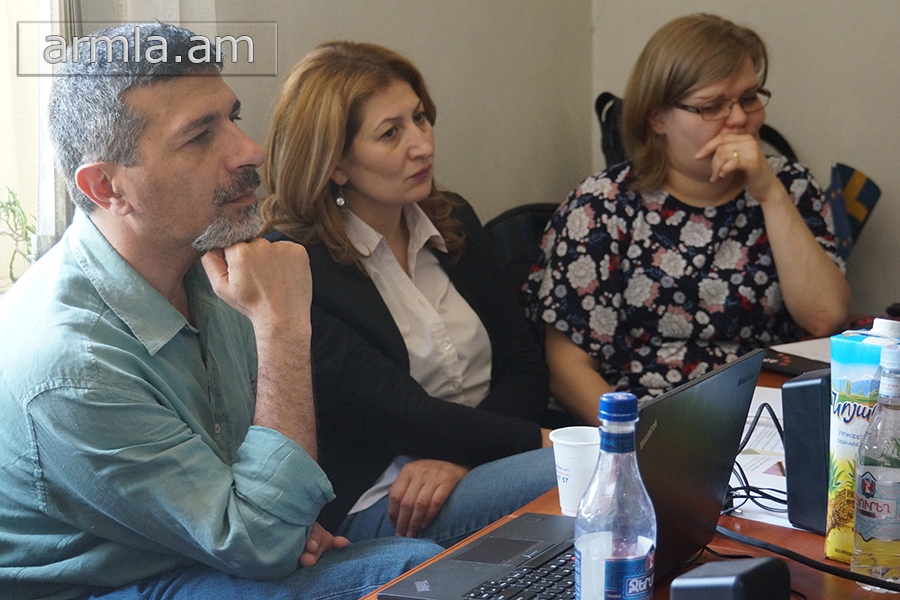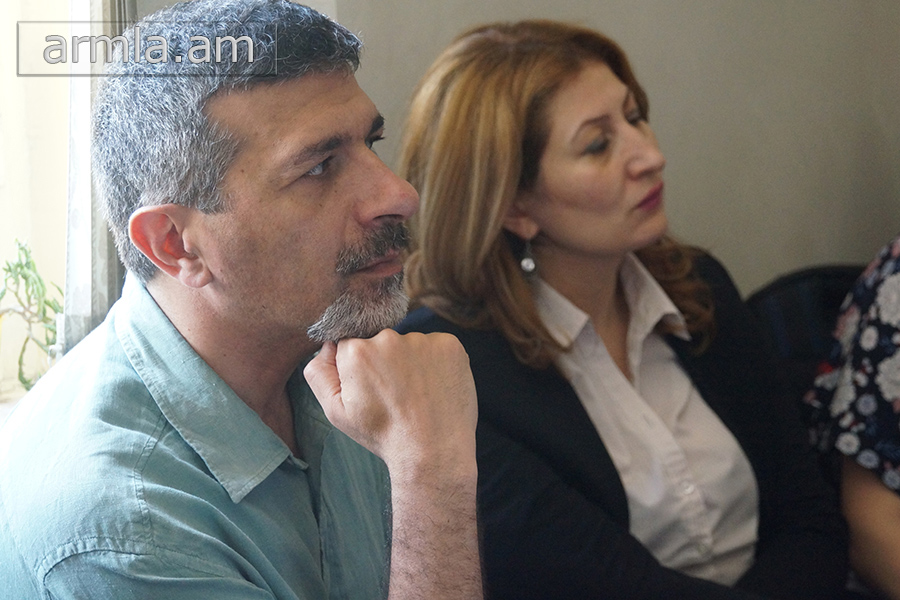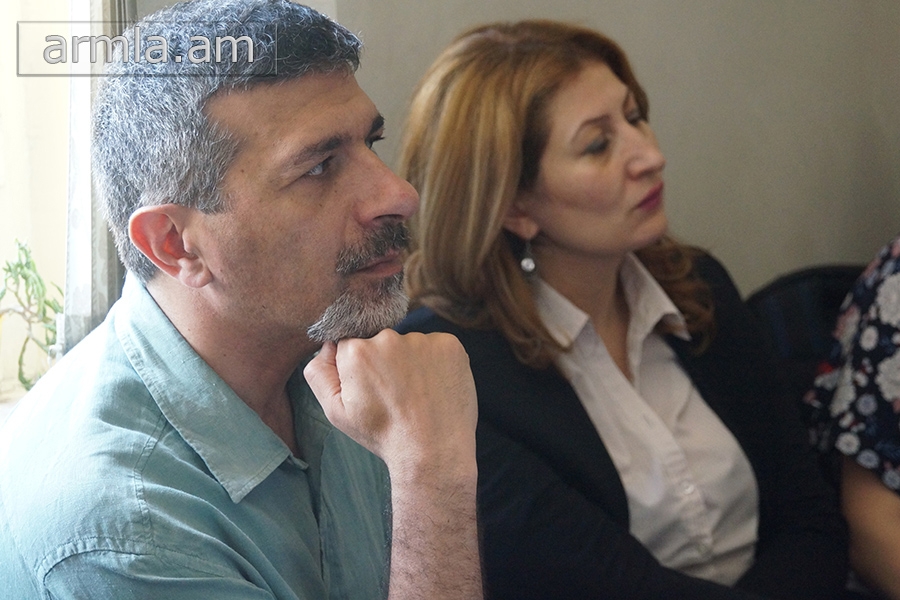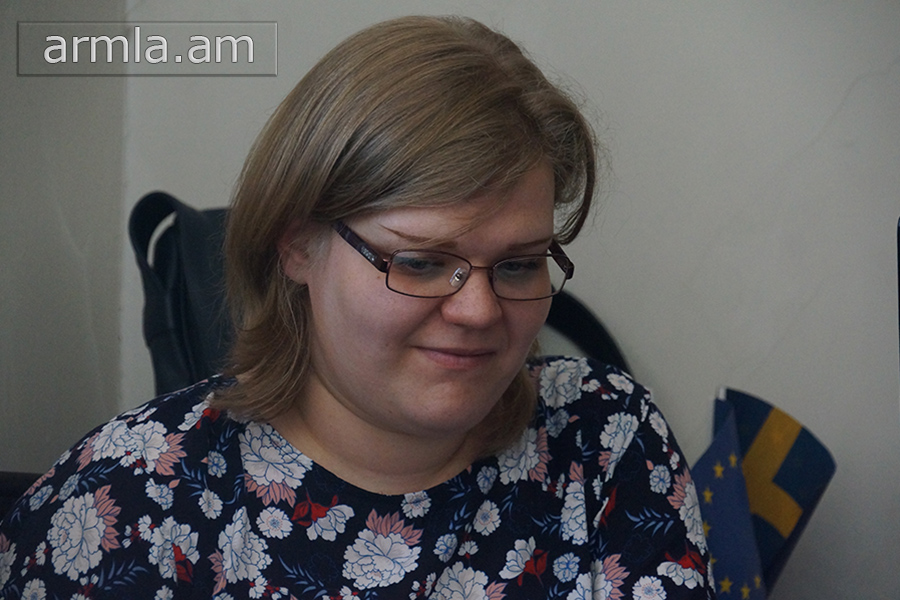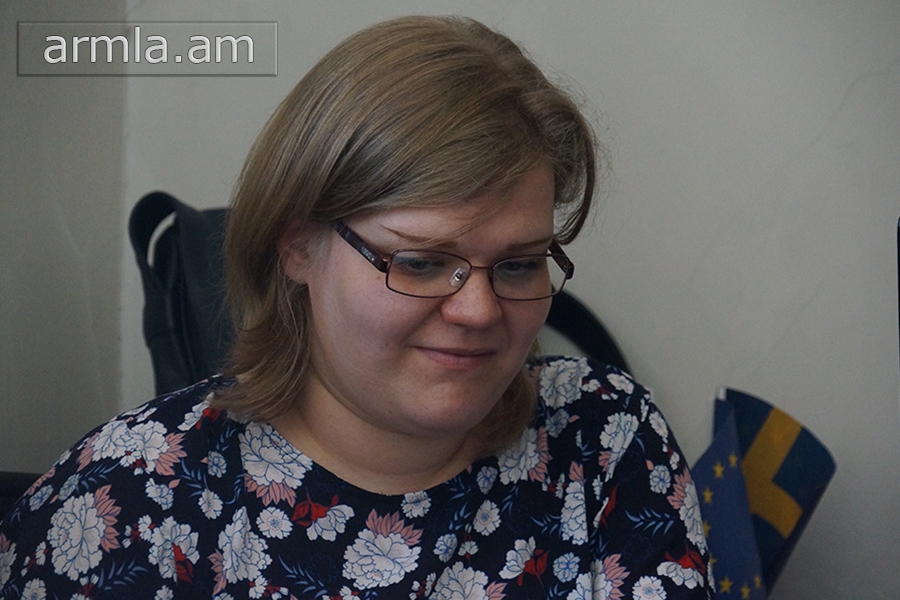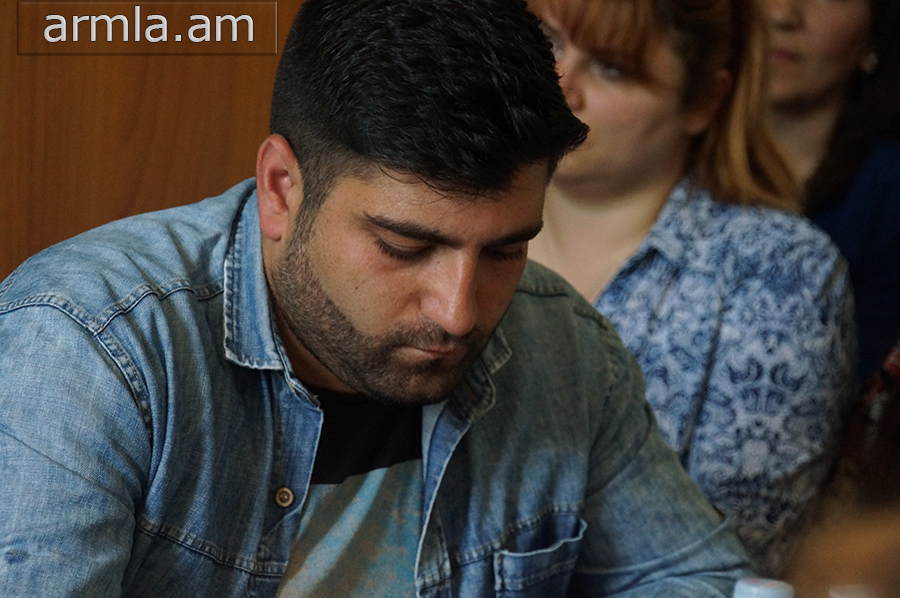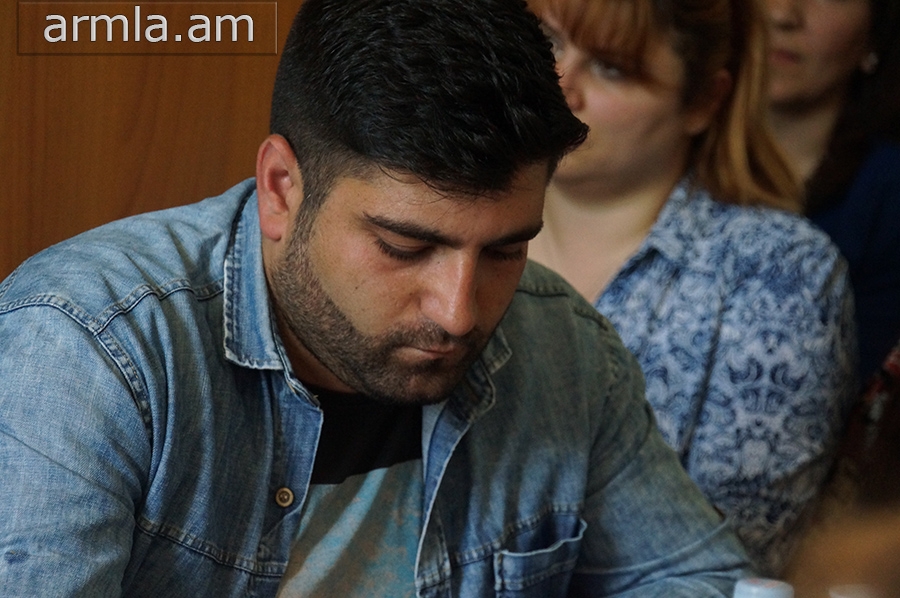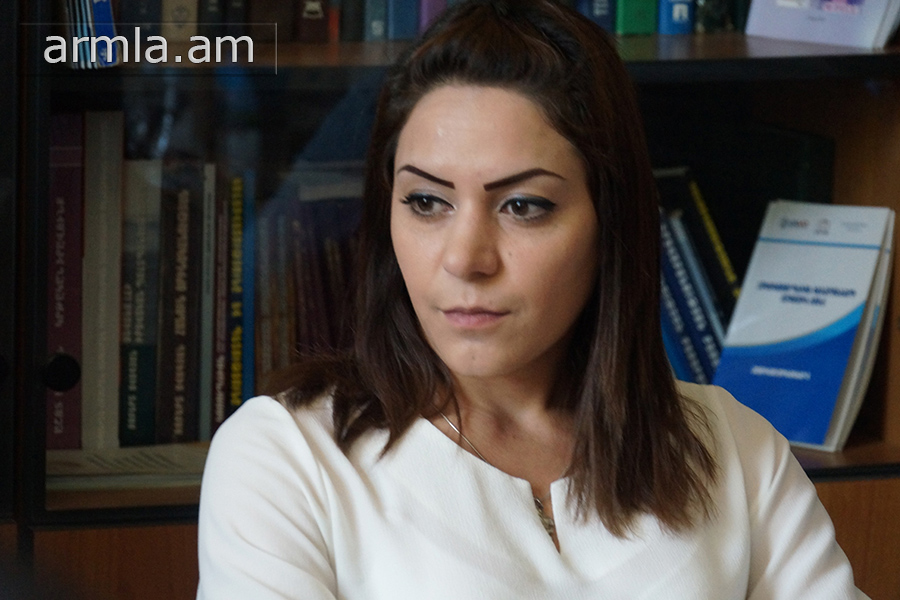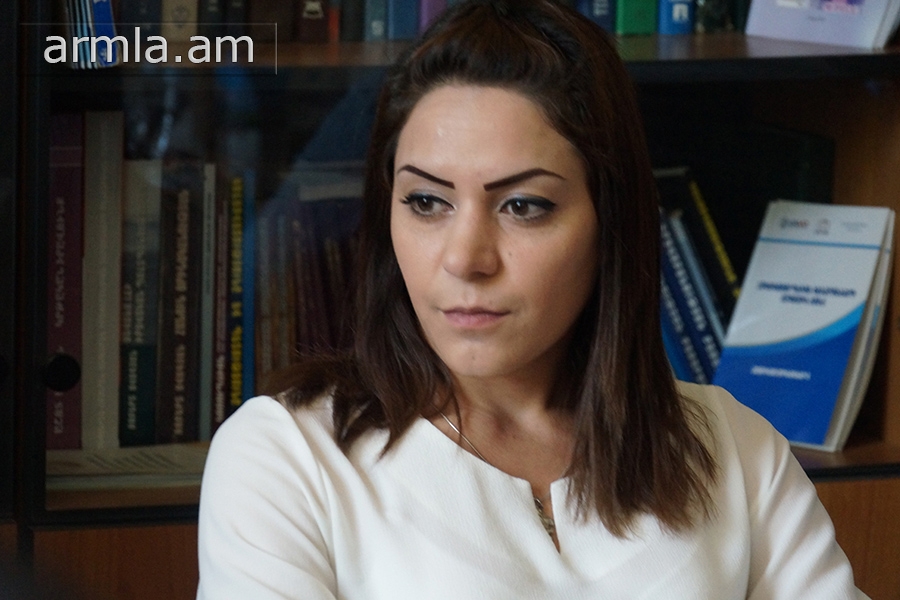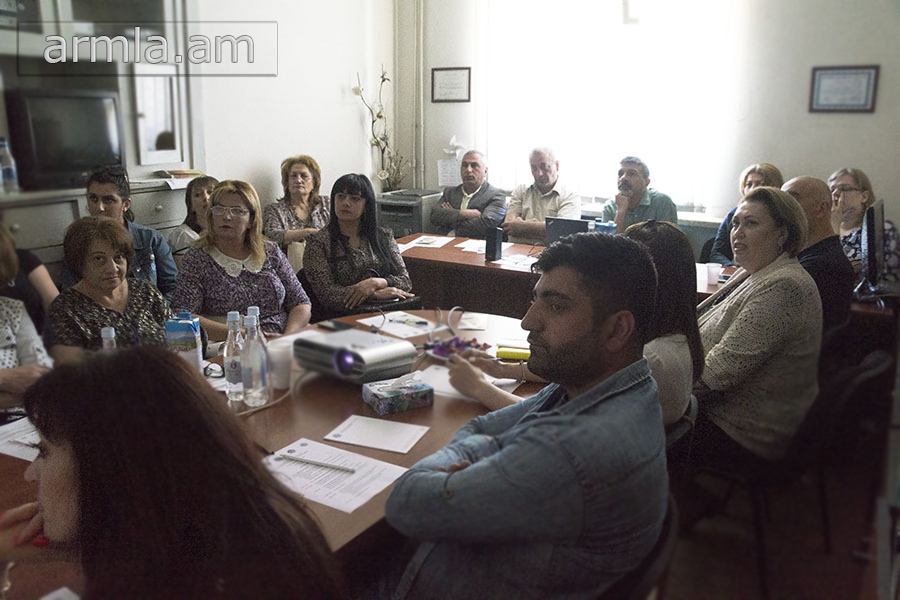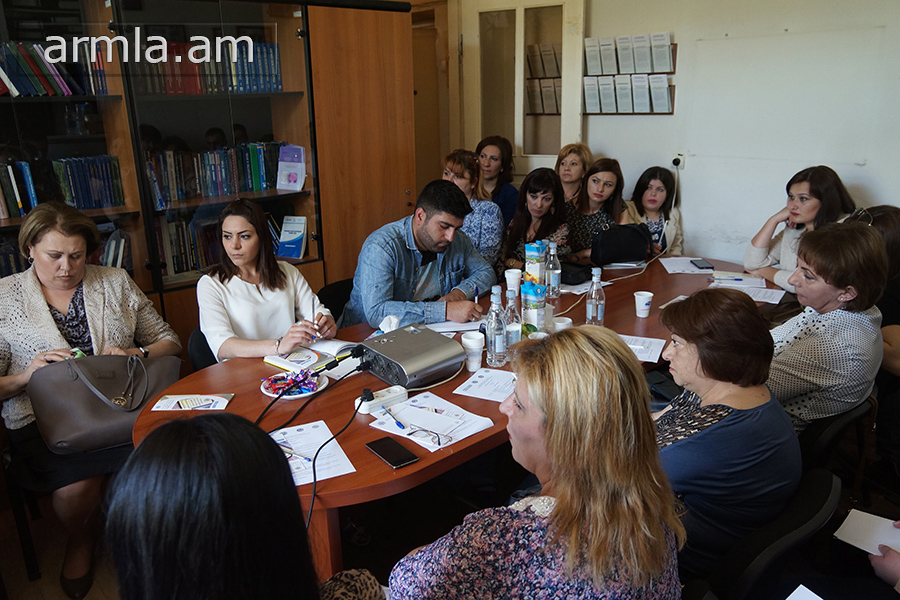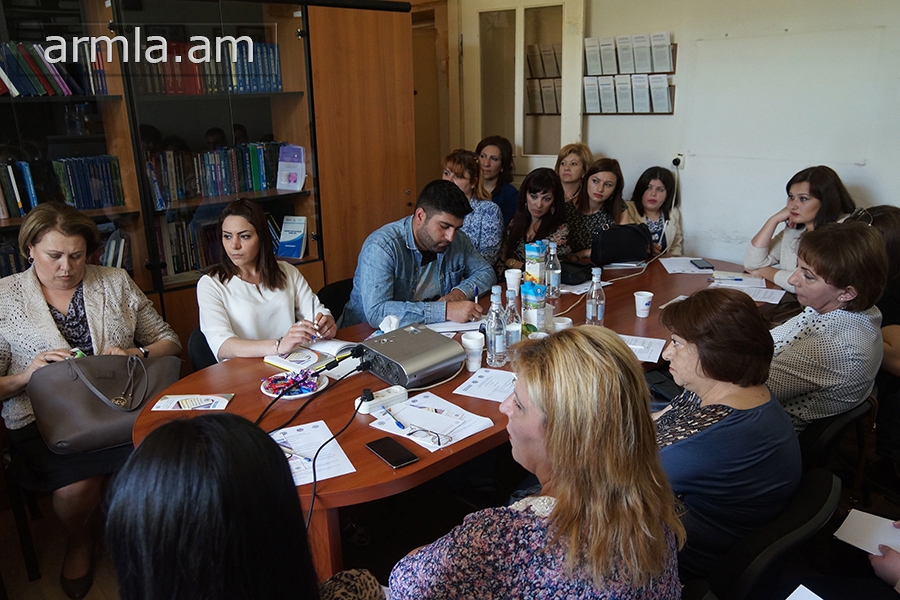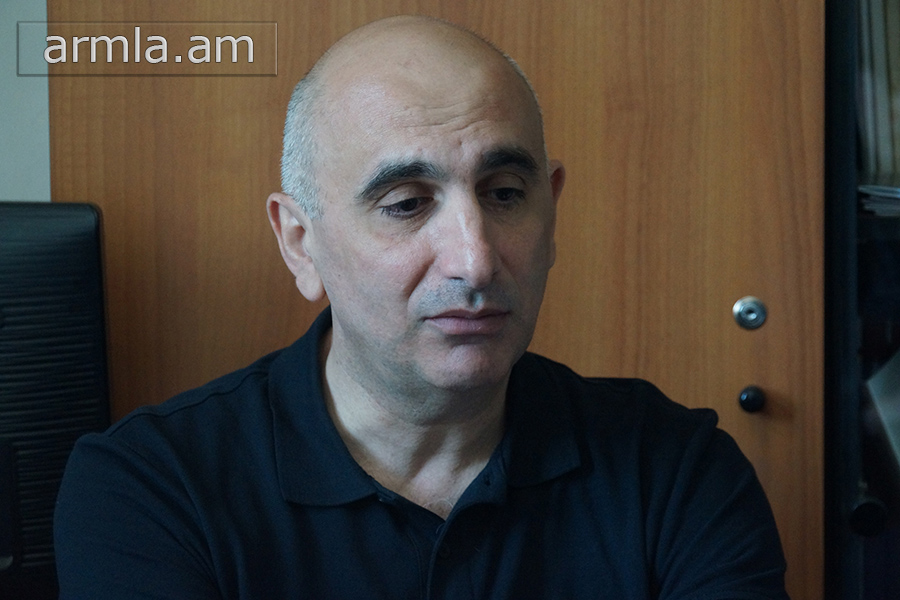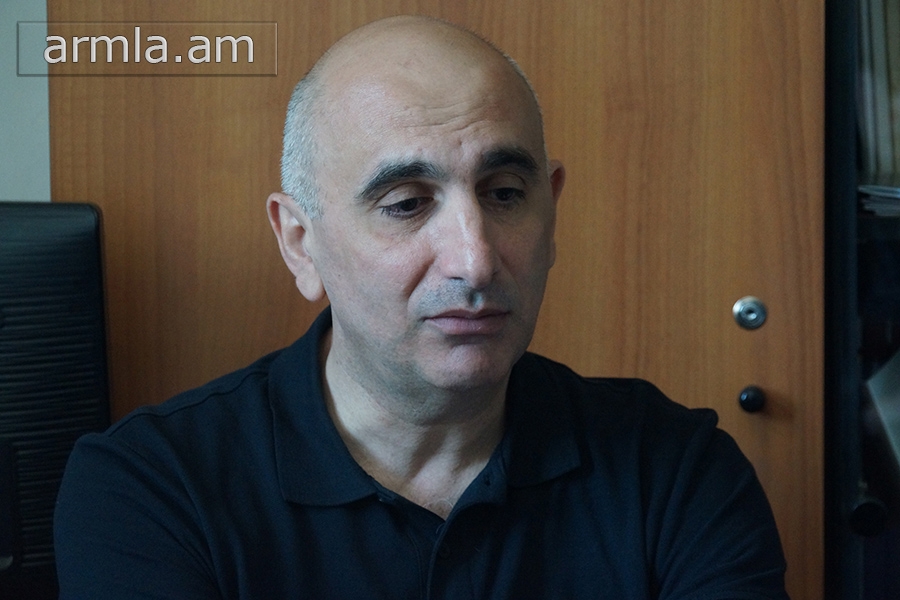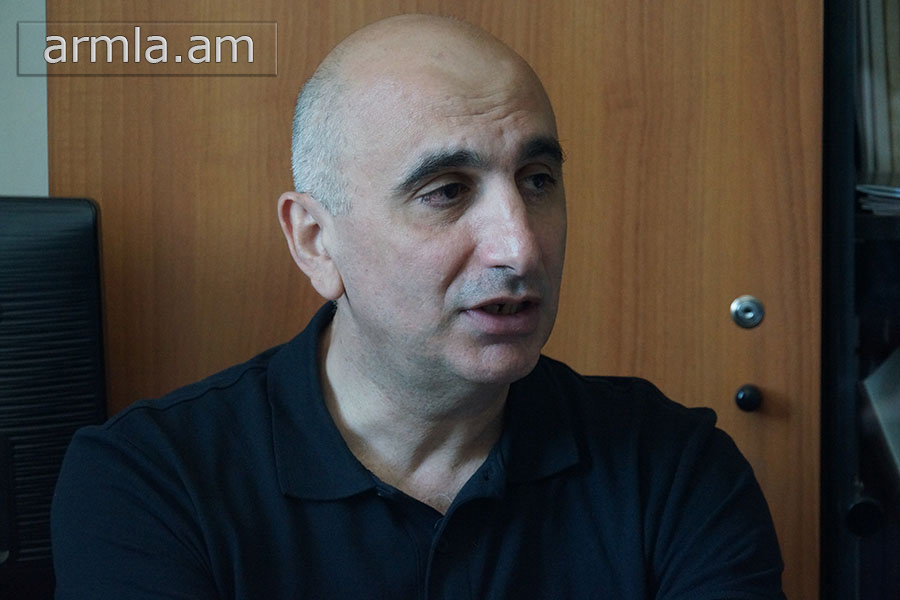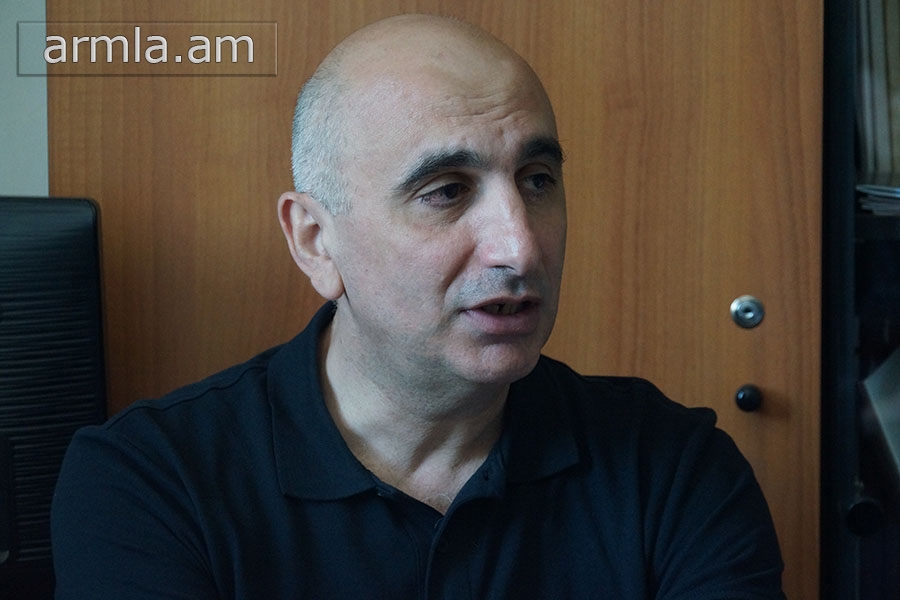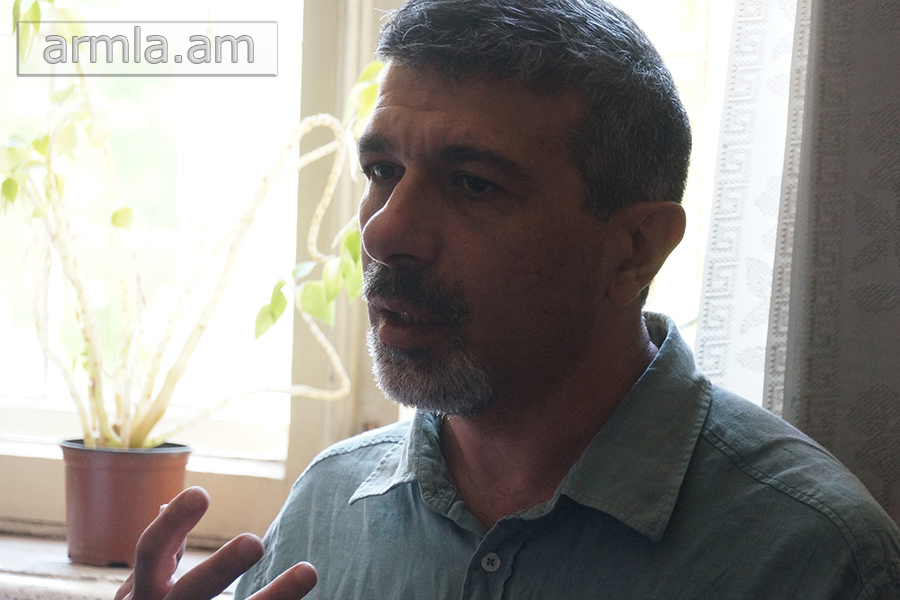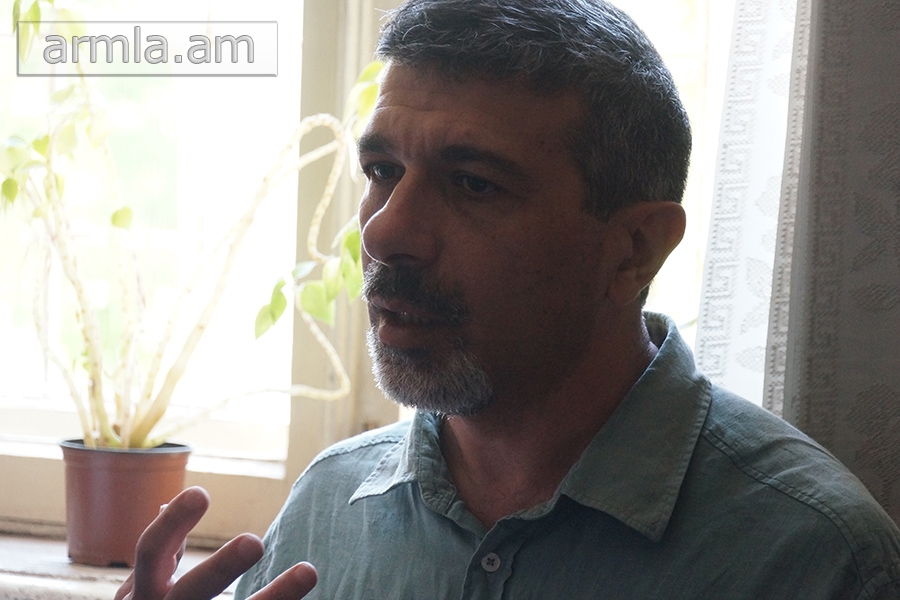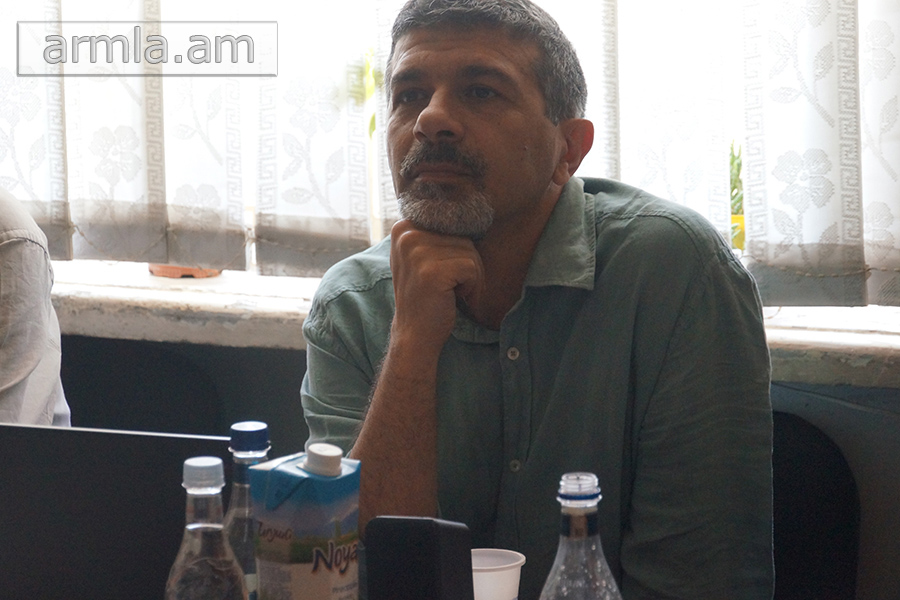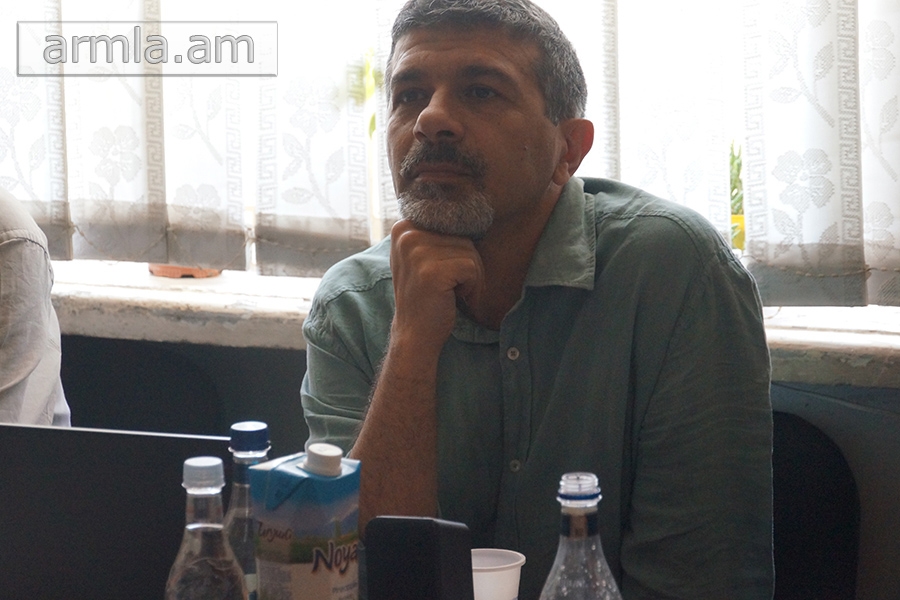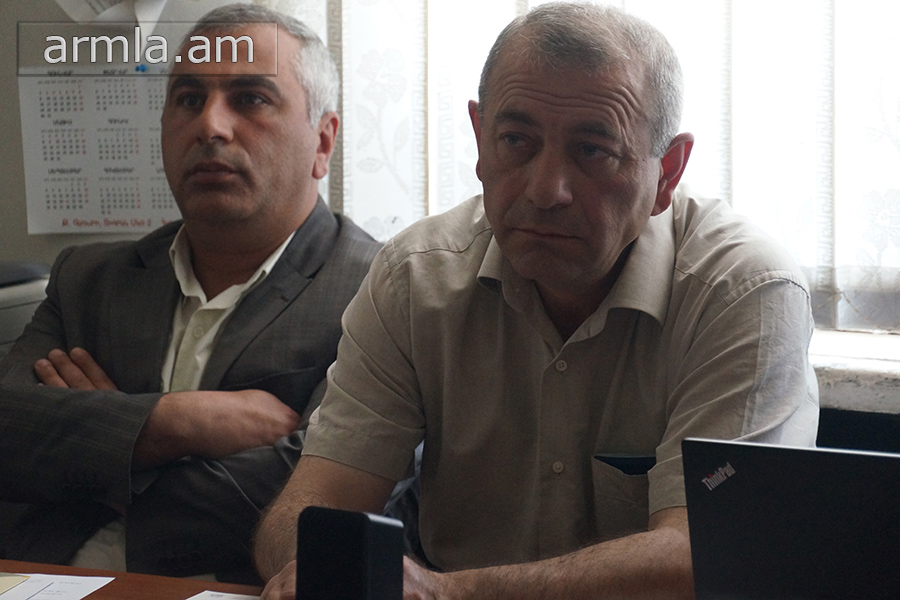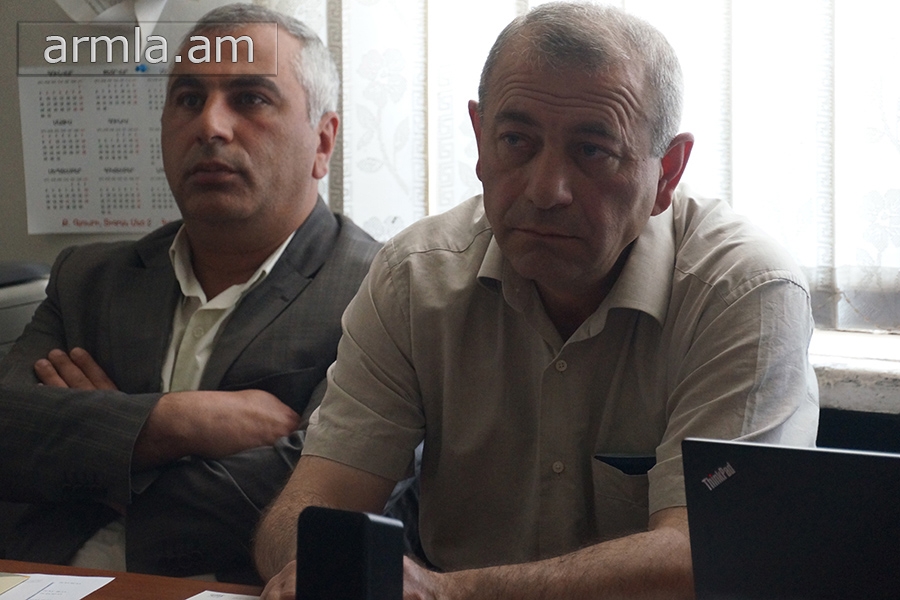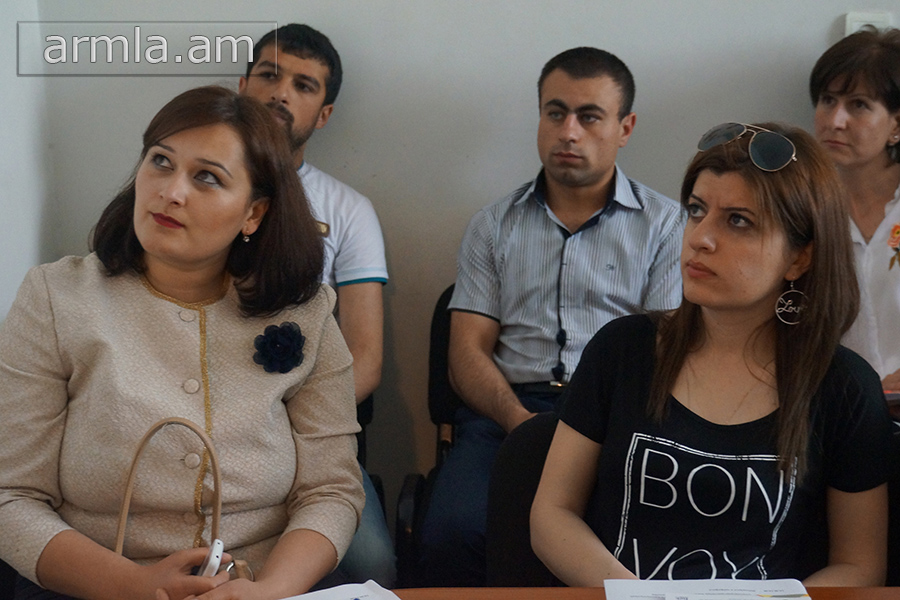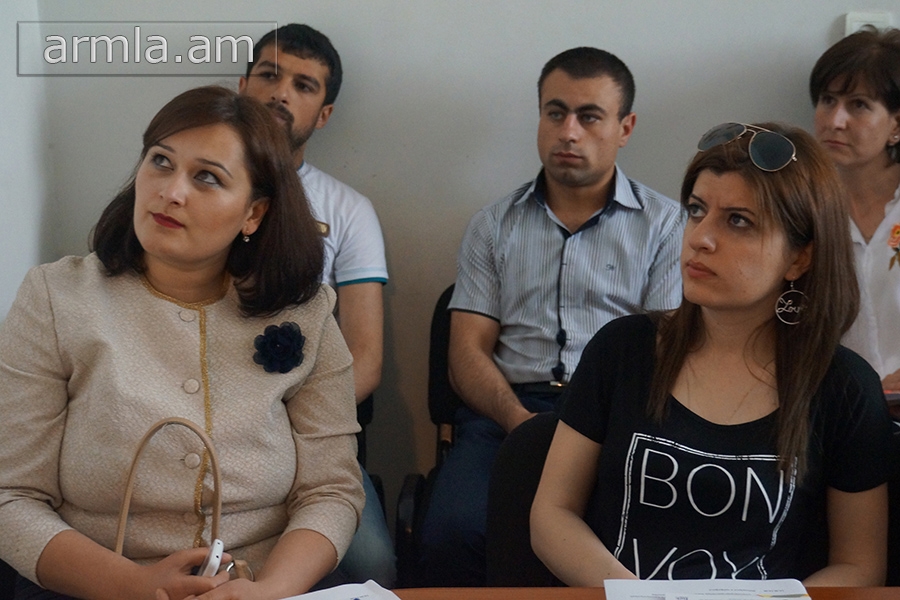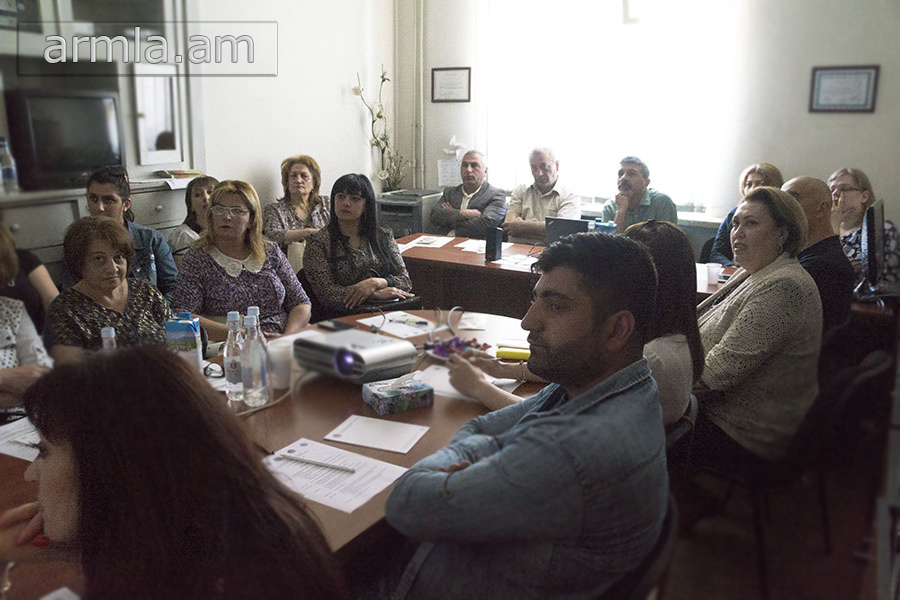
The driving force for the reforms that are important for Armenia primarily is the civil society. Karen Zadoyan, President of Armenian Lawyers’ Association, Coordinator of the CSOs’ Anti-Corruption Coalition Secretariat gives t the example of the reforms in the last two years in our country, particularly in the field of anti-corruption policies and alternative punishment. “The driving force for the reforms is the civil society as well. I mean the probation, the fight against corruption, as well as the constructive dialogue with the Government,” Mr. Zadoyan said today at the working meeting on “State Probation Service. Expectations and Prospects for Cooperation”, which took place in Gyumri office of the ALA.
Notably, the probation service was introduced in September of the previous year, on the basis of the Division of Execution of Alternative Sentences of the Penitentiary Department of the Ministry of Justice of the Republic of Armenia. The name and the instruments of the department were changed. However, the state has not yet performed the complete transition of the service. For that purpose the legislation is currently being regulated. Particularly changes are foreseen in Criminal and Criminal Procedure Codes. Also with the support of the European Union steps are being takes to acquire control devices.
In this phase, Karen Zadoyan attached importance to the use of the civil society’s potential. He stressed that the CSI had had great contribution in the work of introduction of the probation service. But currently it is time to implement the reforms completely. Thus, the ALA and CSI signed a Letter of Agreement today. “Why we decided to bring together the forces? Because you know that CSI had done a huge job. But it is important that the reforms go till the end. The key here is the consolidation of civil society,” ALA President said.
Mr. Artak Kirakosyan, President of the Civil Society Institute NGO considered the introduction of probation service as revolutionary solution. “If people who have committed misdemeanor or crime, this does not mean that we should neglect them, or take them to prison. Also it is proven that prison does not lead a person to betterment in any country. The rehabilitation processes do not work here. It is more important that the remaining services work. Even if there is isolation, work shall be done so that the people have opportunity to carry out socially useful work, and thus rehabilitate,” Mr. Kirakosyan said.
Representatives of the State Probation Service of Shirak marz were present at the meeting as well.
The number of beneficiaries of Shirak marz Probation Service is over 170. They are mostly people convicted for average or medium crimes, which have not been sentenced for imprisonment.
Only 4 employees are working with over 170 people. Mr. Artyom Gomtsyan, Head of the State Probation Service of Shirak Marz is among these employees. It is planned to include another specialist in this service as well. However this is not enough for the effective functioning of the probation service. People in probation service expect active cooperation with civil society members. “There is interest from civil society representatives and volunteers and soon we shall turn to them for help,” Mr. Gomtsyan said.
In response to the question “How is it possible to achieve positive results with the same personnel and capacities?” Ms Gayane Hovakimyan, Deputy Director of the “Center for Legal Education and Rehabilitation Programs” SNCO said, “We have taken a direction. Training is very important. Also introducing new standards and practice to the personnel. We have conducted capacity building training. This is an ongoing process. The formation of a new psychology, of course, requires long-term efforts,” Ms Hovakimyan said.
Today, as a result of discussion with the local NGOs organized by to organizations, the state probation service employees found ways for cooperation. There was an active and effective discussion in all directions. The organizers promised to make the meetings more intense and implement visible practical steps.

